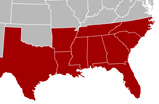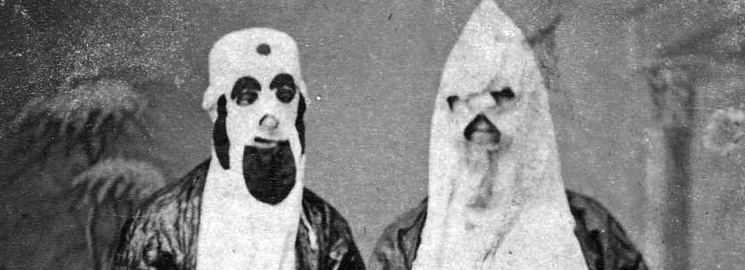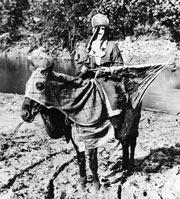How the South (or White Supremacy?) Won the War (1865–1877)
When Terrorism Won in America

How the South Won the War documents the Reconstruction period, with the founding of the Ku Klux Klan by ex-Confederate officers.
Historical myths such as how the Klan ‘saved the South’ from incompetent and corrupt carpetbaggers, and brutal, ignorant Freedmen, are considered in the light of new testimony by ex-slaves and others. This history is told primarily in the words of eyewitnesses and participants or their descendants and contemporaneous writers and commentators, and debated by experts. Case study: Jackson County, Florida.


